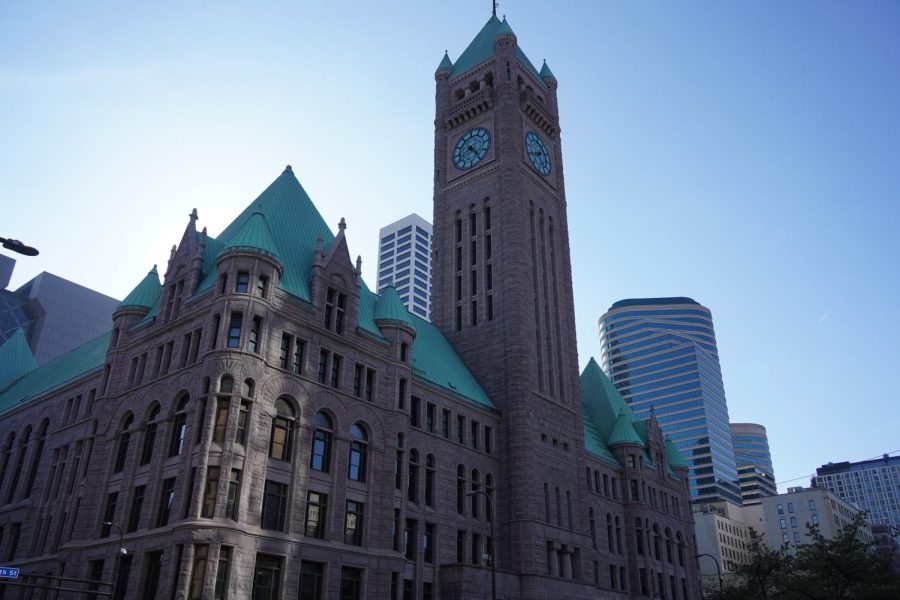Driver pay and ride costs are all in question after efforts in recent months to improve rideshare driver working conditions failed.
The Minneapolis City Council passed an ordinance in August that would have increased rideshare driver pay and protections, but it was vetoed by Mayor Jacob Frey after Uber and Lyft threatened to stop service in January. Frey said he supports pay increases for drivers but had problems with the wording of the ordinance and how little time was spent debating it.
This renewed effort will split the previous ordinance into two — one to increase driver pay and the other to improve driver protections and rights.
Councilmember Robin Wonsley (Ward 2), who co-authored the ordinances, said she is hopeful these new ordinances could pass by the end of the year. Wonsley said rideshare companies can do what they want, but drivers need to be fairly compensated.
“[Uber and Lyft] could absolutely use those profits to make sure that drivers are being paid fairly and also riders are able to affordably use their service,” Wonsley said. “If they decide to do something else, that’s their decision. That’s not the responsibility of the city.”
University student and frequent Uber rider Shia Bintliff said if prices go up, he will think twice before calling for an Uber.
“It would at minimum give me a lot more pause to use them,” Bintliff said. “I think it would for sure reduce my usage.”
After vetoing the first ordinance, Frey reached an agreement with Uber to ensure driver pay matches the Minneapolis minimum wage of $15. Frey did not reach a similar agreement with Lyft or any other rideshare company.
Joe Pierce, an Uber driver of 10 years and a contributor at The Rideshare Guy, which covers news and gives advice to rideshare drivers, said fears over the rising costs of rides are warranted. Pierce said he believes Uber and Lyft will push the cost onto riders if these are passed.
“The ridership will go down, so there will be fewer rides to be had, but drivers will be making more per ride, so drivers overall should be more well off,” Pierce said.
Uber and Lyft have threatened to end services in Chicago, Seattle and California after they passed similar ordinances to improve driver working conditions in the past two years before ultimately deciding not to leave. Although the companies stayed, prices for rides in the cities increased, something Pierce said would likely happen if a similar policy passes in Minneapolis.
Even if the two new ordinances do not pass, the future of rideshare companies and the riders and drivers who use those services remain in question, according to Pierce.
Pierce said Uber and Lyft are trying to maintain profits, so they decided riders will pay for the increased wages. While Pierce said he understands regular riders may not enjoy higher prices, drivers’ pay rates have been “too low” for many years.
Uber and Lyft made $8.6 billion and $4.1 billion in revenue in 2022, according to released financial reports.
Eid Ali, president of the Minnesota Uber/Lyft Drivers Association, said livable wages and better working conditions are necessary for drivers.
“Drivers deserve, and they need to get, the same fairness and protections that every other worker gets,” Ali said.
Wonsley said with more time and greater collaboration with the mayor and council, she is confident the new ordinances will pass without a veto.
“We didn’t take [the veto] as a setback,” Wonsley said. “Drivers need their rights and their pay.”
While all drivers are affected by poor working conditions, rideshare companies employ many immigrants who are at higher risk of low pay and fewer protections, according to Ali. He added that, unlike other professions, Uber and Lyft have not improved pay for more than a decade.
“The inflation and the cost of living have been skyrocketing,” Ali said. “I don’t know any other profession that is similar to what Uber and Lyft drivers are going through.”
This article has been updated.








